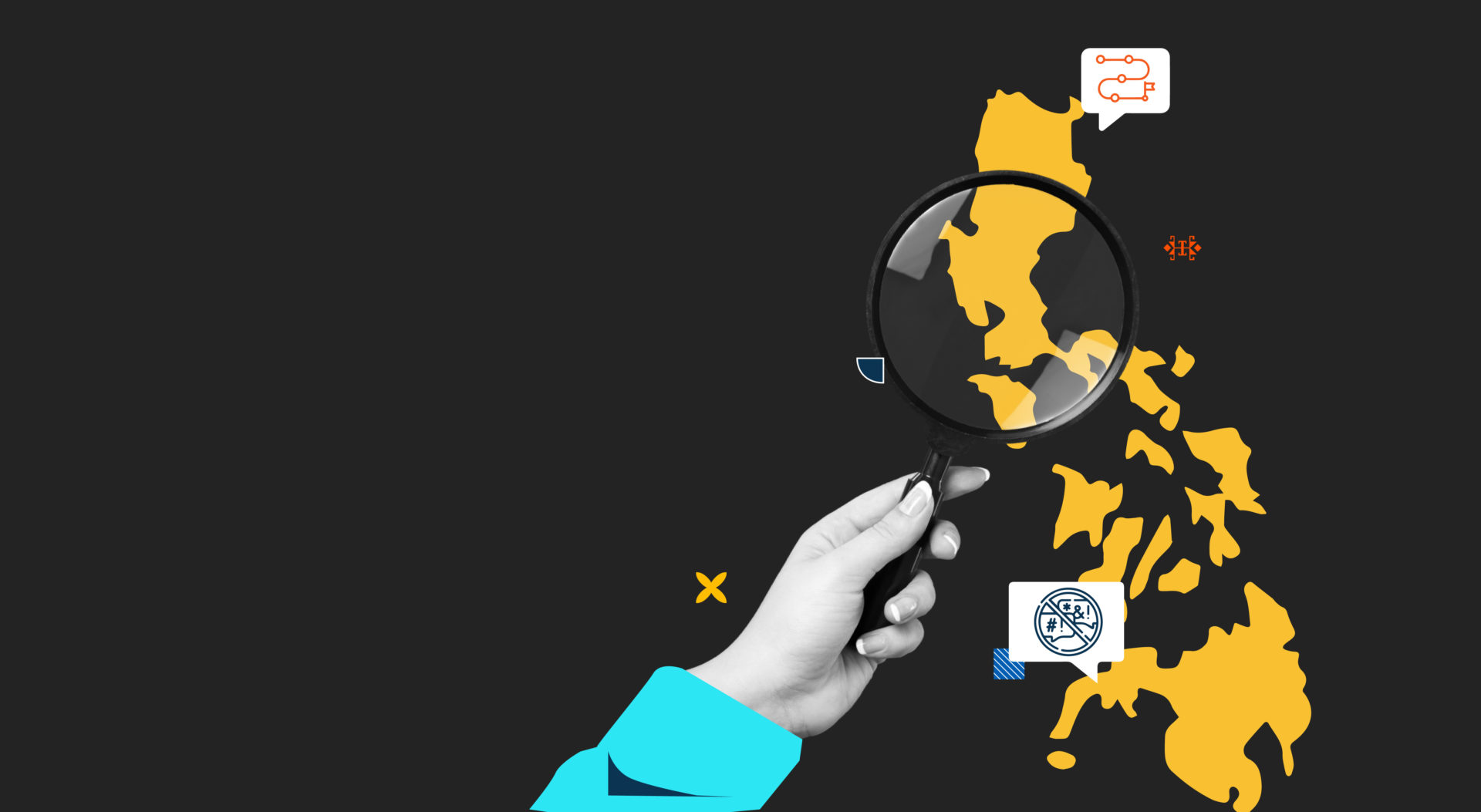In 2019, the Philippines officially ratified the National Action Plan for Preventing and Countering Violent Extremism (NAP PCVE). The NAP for PCVE Philippines was born as a response to the conditions that are happening in the world. The Phillipines have been directly impacted by an increase in terrorism from the Islamic State and other related groups in Southeast Asia, and is one of the most impacted countries.
This National Action Plan for PCVE the Philippines created adopts the same pattern as countries with a national action plan that refers to the United Nations Counter-terrorism Sector (Parameswaran, 2019). This design is also focused on sustainable implementation, involves multiple sectors, and reduces the gaps that may be found in the implementation process. In the formulation process, Parameswaran (2019) stated that the Philippine Government, through the Ministry of Home Affairs, Local Government, and Other Government Agencies, involved various stakeholders, including communities, schools, and social media groups. This approach accommodates multiple perspectives in the NAP PE according to indicators published by UN PCVE (UNCCT, 2020).
However, criticism of the creation of the NAP PE in the Philippines has also emerged. Arugay, Batac, & Street (2021) stated that the Government’s domination in the formulation of the Philippines’ NAP PE has reduced the roles of civil society. This can be seen in the excessive influence of the security sector in drafting the RAN P/CVE, or even that the Government is considered to have distorted the idea of a whole-of-society approach to PCVE (Saferwold, 2021). The distortion in question is the disjunction between the UN reference to the whole-of-society approach from former military officials who interpreted it to “that the entire society will support their militarized approach against violent extremism” (Saferworld, 2021).
Another finding states that the Government of the Philippines is trying to regulate the flow of civil society engagement by inviting “friendly” civil society organizations into their consultation process (Safeworld, 2021). This aims to smooth the process or fulfil the participation element but not its complete integration. This reality is becoming increasingly challenging, considering that NAP PE Philippines is closed to the public and has drawn criticism regarding its inclusiveness. The lack of meaningful engagement with civil society and stakeholders outside an inner circle of government officials and UN employees, combined with what appeared to be a pre-cooked strategy, betrays an approach that is promoted as a whole-of-society endeavour (Arugay, Batac, & Street, 2021).
Quoting the statements in touch with Shadia Marhaban and Libasut Taqwa, who focus on civil society activities, they stated that civil society can not only be a complement to the policy formulation part, and that civil society has an important role to play in ensuring an inclusive policy and based on a process of mutual consultation. Finally, although the Philippines’ NAP PE has been published and implemented, it is crucial to test and review its integration from a comprehensive civil society perspective. This aims to ensure that the National Action Plans are based on rights and inclusive.
References:
- UNCCT. (2020). Reference Guide: Developing National and Regional Action Plans to Prevent Violent Extremism. New York: UNCCT.
- Parameswaran, P. (2019, July 23). What’s Behind the Philippines’ New Strategy for Countering Violent Extremism?. Retrieved from https://thediplomat.com/2019/07/whats-behind-the-philippines-new-strategy-for-countering-violent-extremism/.
- Arugay, A.A., Batac, M., & Street, J. (2021). An Explosive Cocktail: Counter-terrorism, militarisation and authoritarianism in the Philippines. United Kingdom, UK:
- Saferworld Interview With a Senior Government Official, January 2021.
- Saferworld Interview With an NGO Representative, November 2020.

